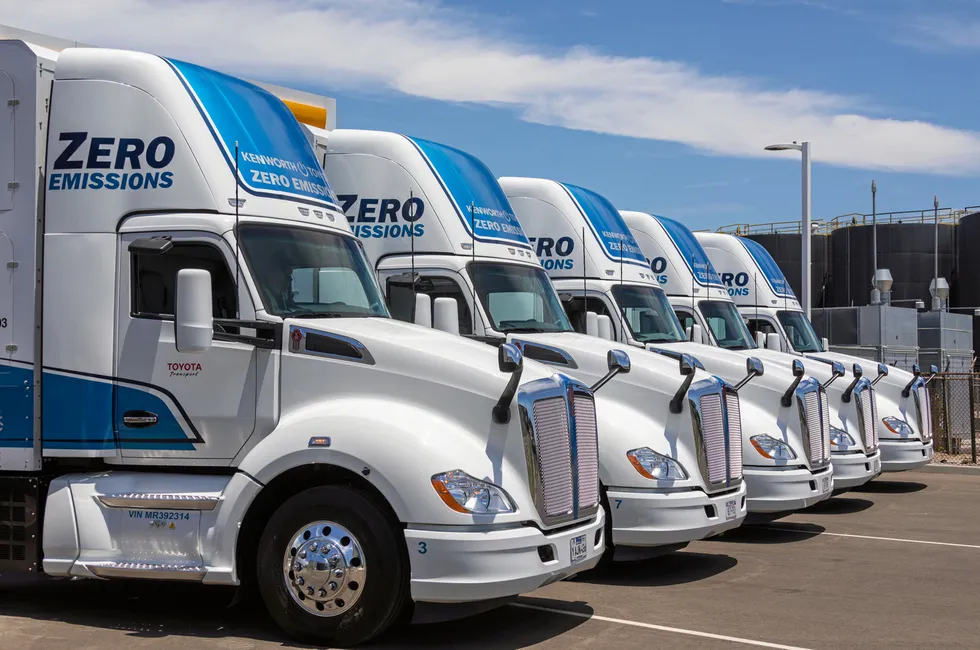'2023 is likely to be a difficult year for hydrogen fuel-cell vehicles', says analyst
The longer the wait for commercial deployment of FCEVs, the more battery-electric options will erode their advantages, IDTechEx writes in new report

The longer the wait for commercial deployment of FCEVs, the more battery-electric options will erode their advantages, IDTechEx writes in new report
